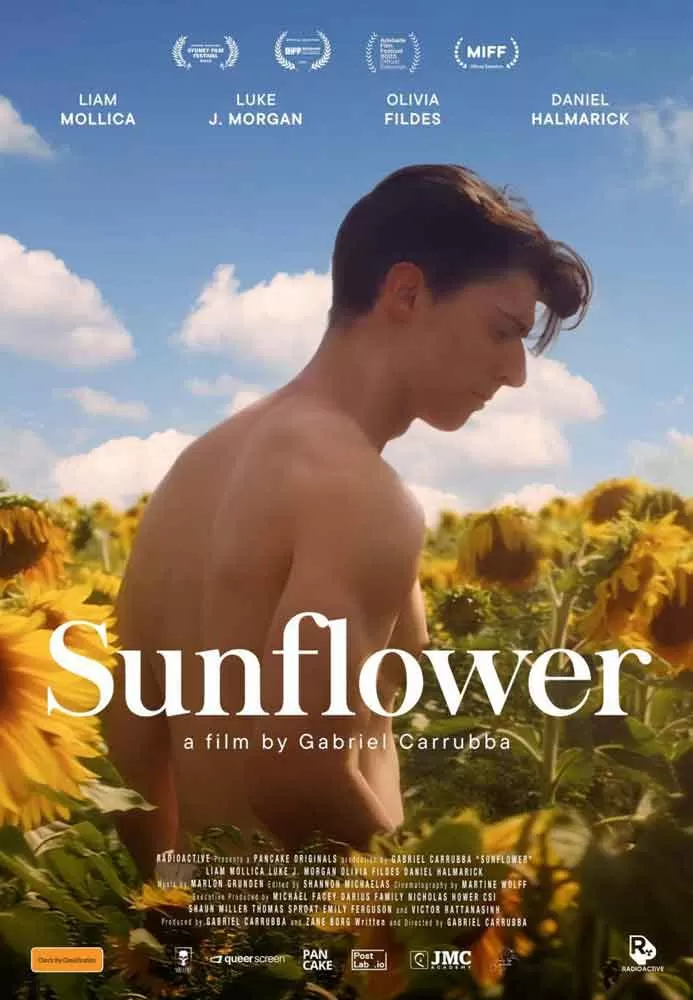
Navigating Identity in an Unaccepting World
Imagine being surrounded by friends boasting about their romantic exploits while your thoughts wander elsewhere. This is the essence of Sunflower, which follows Leo, a working-class teenager from Melbourne’s outskirts, as he grapples with self-discovery. His journey isn’t just about understanding who he is—it’s about finding the courage to be that person despite fear of rejection or ridicule.
Meet Leo
At seventeen, Leo lives with his mother, stepfather, and older brother—the kind of sibling who mocks him but would defend him against outsiders. Though not socially awkward, Leo carries an unspoken tension, as if constantly restraining a part of himself. His friends fit the stereotypical teenage mold—brash, crude, fixated on girls—but Leo doesn’t share their interests. This dissonance weighs heavily on him.
Home and Social Struggles
Family dinners in the film are masterclasses in thinly veiled tension. Passive-aggressive remarks and probing questions disguised as casual conversation create an atmosphere thick with discomfort. One memorable exchange occurs when Leo asks to attend a gathering:
“A gathering? Sounds like a cult.”
Leo’s hesitant response—”It’s not a party, just a few friends…”—reveals his constant state of caution. School offers no reprieve. After one student comes out and faces rejection at home, the gossip isn’t about his well-being but whether he might make advances. Leo observes silently, sinking further into isolation.
Authentic Performances and Direction
Liam Mollica embodies Leo with such naturalism that he feels like someone you might know. His restrained expressions and subtle gestures speak volumes. Director Gabriel Carrubba opts for an observational style, keeping the camera still to let the audience sit with Leo’s discomfort. The score remains understated, punctuating key emotional moments without overpowering them.
Sunflower doesn’t hold the viewer’s hand. Instead, it immerses them in Leo’s world, where every silent struggle resonates.
Pivotal Moments
Leo’s first attempt at intimacy with a girl ends in quiet failure—his body and heart at odds. A rare moment of reassurance comes from his brother:
“You’re still my brother, man. Nothing changes.”
Later, a tender encounter with another boy unfolds with quiet honesty, followed by a vulnerable conversation:
“When did you know?”
“Around 12 or 13.”
“Do your parents know?”
“Yeah… now they do. It wasn’t easy.”
Audience Reception
Viewers have praised the film’s authenticity, noting its unpolished dialogue and raw, lifelike portrayal of adolescence. While some may find the pacing deliberate, those who connect with Leo’s journey will find it deeply moving. Sunflower isn’t flashy—its power lies in its quiet truthfulness.
Who Should Watch?
This isn’t a flamboyant celebration of pride but a grounded, introspective coming-of-age story. It’s for anyone who’s ever feared speaking their truth or longed to hear, “You’re fine the way you are.”
Not everyone will relate, but those who do will find it unforgettable.

